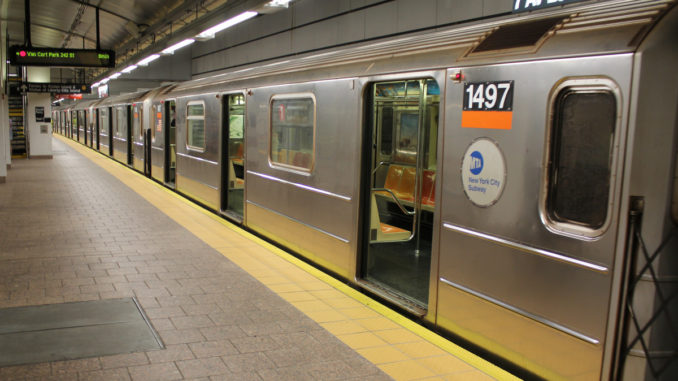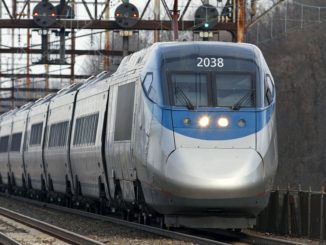
(The Center Square) – The federal government is sending $4 billion to New York’s Metropolitan Transportation Authority (MTA), but agency leaders say they still need another $8 billion.
The money was included in nearly 5,600-page, $2.3 trillion government funding and COVID-19 relief bill Congress passed this week. With the money, the agency says it has put off a previously threatened “apocalyptic scenario,” including layoffs.
“This crucial funding will allow us to get through 2021 without devastating service cuts and layoffs of over 9,000 colleagues,” MTA Chairman and CEO Patrick J. Foye said in a statement.
Earlier this year, MTA leaders said they needed $12 billion in federal dollars, or they may be forced to take “draconian service reductions.” This month, the agency approved a budget that assumed it would receive $4.5 billion in federal dollars.
“To be clear, we are still facing an $8 billion deficit in the years ahead, but this is a promising first step that will help protect the local, state and national economies in the short term,” Foye said. “We hope any future bills will fully offset the impact of the pandemic as there can be no recovery without a strong public transportation system serving as the engine for progress.”
Overall, the bill includes $14 billion of COVID-19 “emergency funding” for public transit agencies nationwide and $1 billion for Amtrak, according to the American Public Transportation Association (APTA). In a statement, APTA President and CEO Paul P. Skoutelas said at least $32 billion is needed “to serve essential workers and help our communities recover.”
In an interview on WCBS 880, Foye said the agency needs “an additional $8 billion in federal support in ‘22, ‘23. ‘24 for the aggregate deficits in those years.” If the agency doesn’t receive additional federal dollars, “everything has to be on the table in terms of being able to solve that deficit,” Foye said.
Currently, New York City’s subways carry about 30% of pre-pandemic volumes, Foye told the station. Meanwhile, the number of passengers on buses is about 50% of pre-pandemic levels.
While the measure passed both the U.S. House and U.S. Senate by an overwhelming majority, U.S. Sen. Rand Paul, R-Kentucky, blasted the bill.
“We are $27 trillion in debt today. How do we expect a child to have the economic opportunity when this crushing debt is their inheritance from Congress?” Paul said in a statement on the Senate floor. “… We are borrowing and worsening this debt crisis, in part, because too many governors and mayors have imposed heavy handed restrictions that crush business.”




